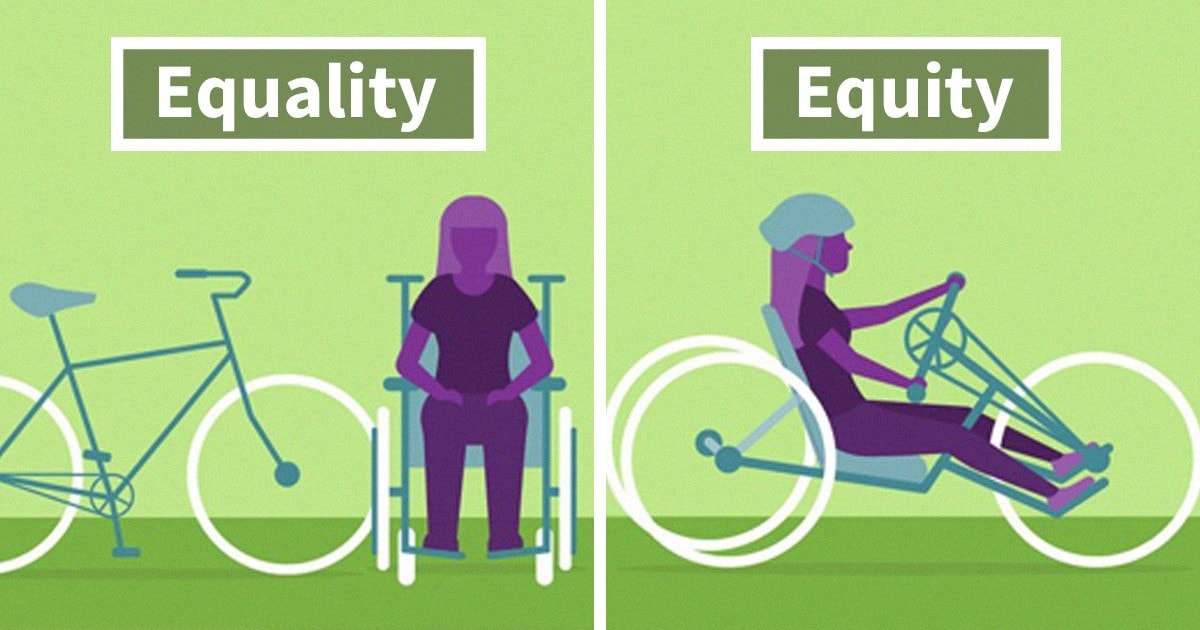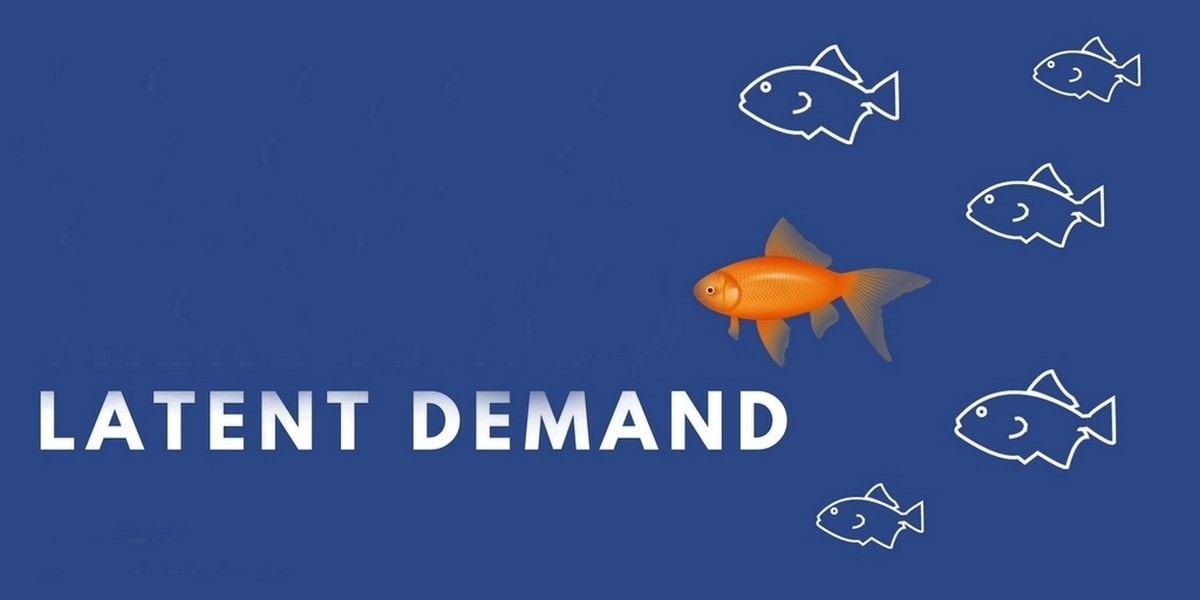Importance of retail marketing cannot be denied for today’s manufacturers. Retail stores play an important role in high-level exposure of businesses and widespread distribution of…
What Is Cross Selling? 3 Steps for cross selling to customers
Cross selling means selling related or complementary products to your existing customers. It is one of the most effective methods of the marketing world. for…
Risk Analysis – Overview, Types of Risk, Process, Advantages & Limitation
The term risk analysis is used to refer to the process in which the potential risks or issues are identified and analyzed which have a…
Marketing Strategy Of Converse – Converse Marketing Strategy
The converse is an American Shoe company and was founded in the year 1908. It produces lifestyle brand footwear, apparel, and skating shoes. Since 2003,…
What Is Risk Management? Importance Of Risk Management
The term risk management is used to refer to the identification, the polarization and the analysis of the threats or risks that may affect the…
Top 11 Skills For Success you should Learn
No matter how qualified you are for a particular job, companies that are hiring constantly have an eye for skilled people. This is because qualification…
What is Employee Performance and how to Measure Employee Performance?
At the core of a successful business is effective management of employee performance. For example, regular feedback sessions and goal setting will help ensure that…
Equality vs Equity – Difference Between Equity And Equality
In this article, we are going to discuss one of the most controversial topics which are the difference between equality and equity. The difference between…
What are Customer Service Goals
The success of any business is dependent upon the achievement of its customer service goals. Not only do they help businesses remain focused, track accomplishments,…
Difference Between Planning And Forecasting (With Table)
Forecasting is the process of predicting what will happen in the future. It is based on past performance and current trends. Planning, on the other…
Who Is A Customer Service Representative and what is his Role?
Upbeat services are the need of the hour as it is all about meeting the expectations of every customer in an exceptional way. A customer…
What Is Customer Success? Concept, Process, Model and Examples
What is customer success and how can you measure it is an important question in today’s scenario. Every company is trying to find the right…
7 Best Self Management Skills – Learn To Manage Yourself
Self management skills refer to the abilities of an individual to curb their emotions and to perform activities which are under their control. Self management…
What is Latent Demand? Concept, Importance and Usage
Definition of Latent Demand The term latent demand is used to refer to that situation in which a consumer is unable to satisfy his needs…
Marketing Strategy Of Philips – Philips Marketing Strategy
Headquartered in Amsterdam, Phillips is a multinational company and is one of the world’s largest electronics company and is currently focused in the area of…














